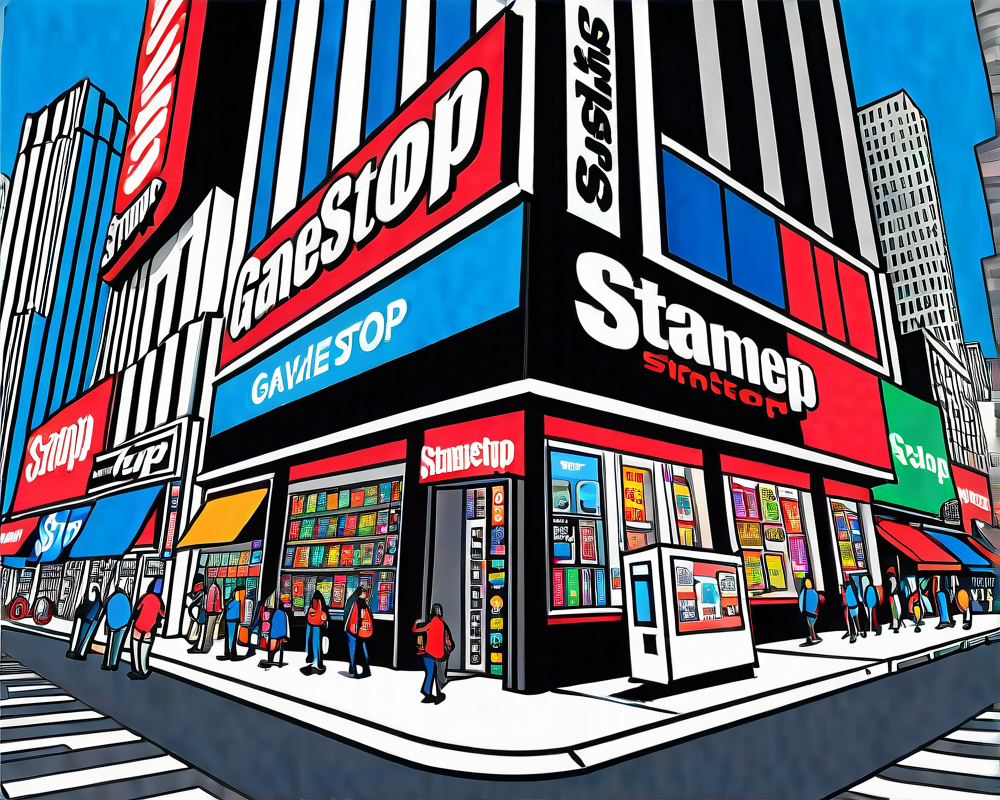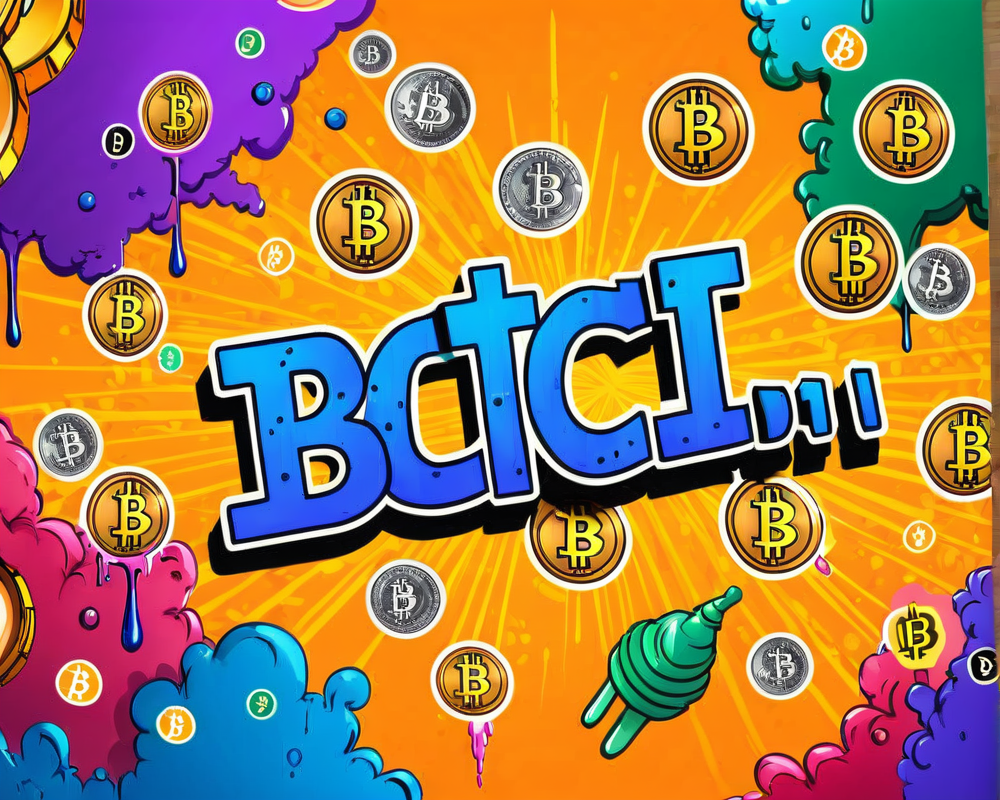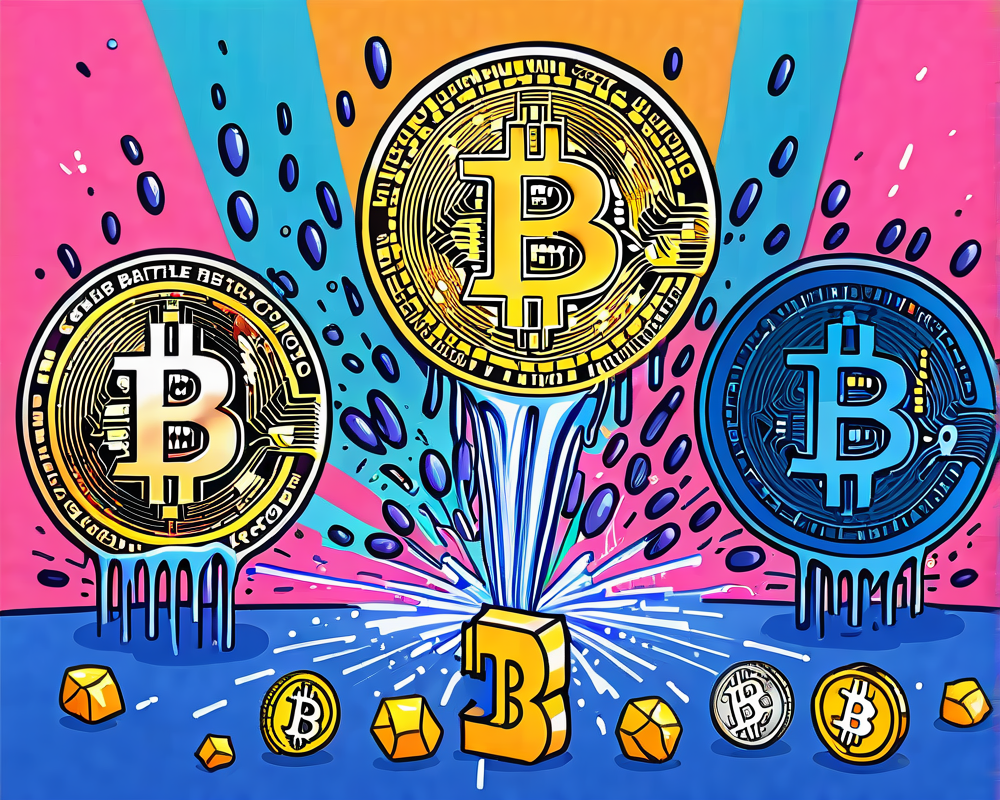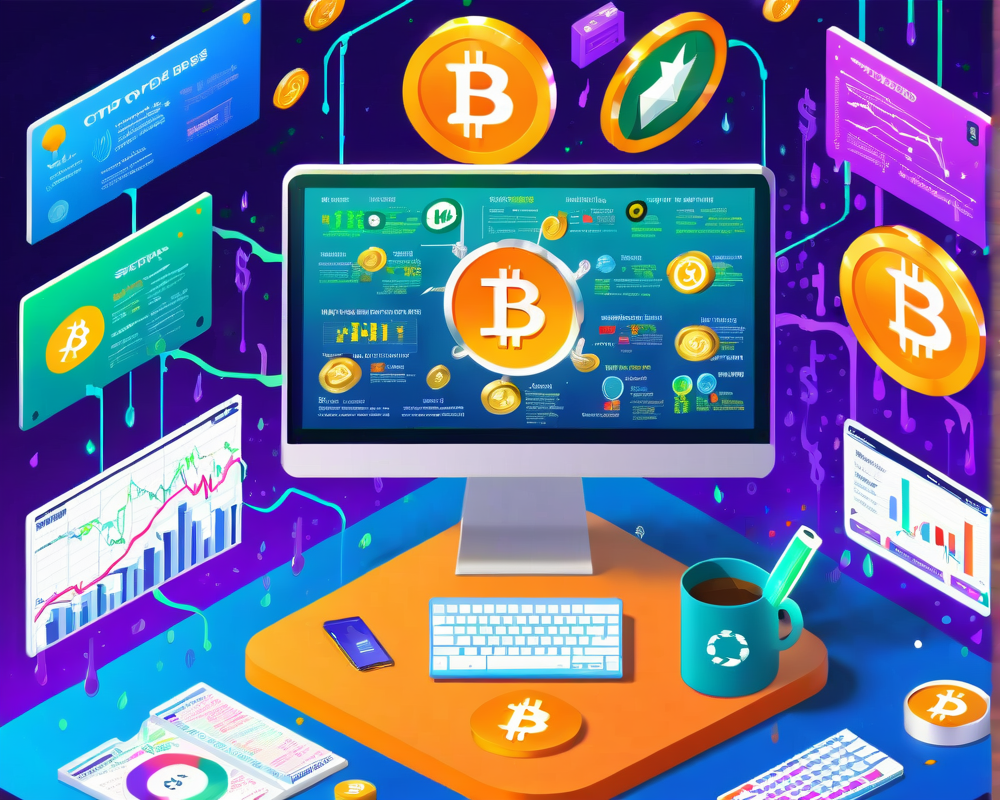The Epic Showdown: Retail Investors vs. Wall Street
In an unprecedented twist of fate, the end of January saw the unthinkable happen: self-identified internet misfits, or as they like to call themselves, ‘degenerates,’ outsmarting the hedge fund elites. Who would have thought a group of Redditors could stir such chaos in the hallowed halls of finance? The stock of GameStop (GME) climbed freakishly high, leaving seasoned Wall Street traders shaking in their boots and reevaluating their life choices.
A Rollercoaster Ride: GameStop and AMC Takeoff
While the Dow Jones Industrial Average gasped and fell over 2%, the stock prices of GameStop and AMC Entertainment skyrocketed by 130% and 300%, respectively. You heard right—while everyone was worrying about interest rates, Redditors were busy buying up shares as if they were newly released sneakers. This surge gave GameStop a market valuation of $24 billion and AMC a robust $6.74 billion—all with just a few clicks and a shared meme or two.
Short Selling Shenanigans
So what led to this chaos? Enter the dreaded ‘short selling.’ Picture this: hedge fund managers betting against a company’s future by borrowing shares, selling them off, and hoping to buy them back at a lower price. Spoiler alert: the plan backfired when Reddit hordes took a stand against this Wall Street maneuver, making Melvin Capital regret its life choices.
Social Media Frenzy: The Rise of the Retail Trader
Reddit’s platform, r/Wallstreetbets, became the battlefield where small-time traders united to crush big-bucks hedge funds’ dreams of easy profits. Suddenly, the narrative shifted from Wall Street giants having all the power to a collective of everyday investors flipping the script. “Eat the rich!” went the battle cry, as both GME and AMC saw price shifts of over 2,000% in mere days.
The Ethics of Trading Apps: Robinhood in Hot Water
As the drama unfolded, Robinhood, a trading app adored by the masses, made the dubious decision to restrict purchases of GME shares. In the words of disgruntled users, this was akin to putting a thumb on the scales of fairness. Angry traders took to the app stores, smashing one-star ratings like they were piñatas, only to see big tech giants step in and buffer Robinhood’s rating to a surprisingly buoyant four stars.
Decentralized Finance: The New Frontier?
As these events unfolded, some began to ponder whether decentralized finance (DeFi) might offer an escape route from traditional market manipulations. With voices from the crypto community highlighting the importance of financial autonomy, calls for a liquidity-free environment without centralized controls gained momentum. “Besides, who needs brokers when you can take charge?” declared champions of the DeFi movement.
A Future Fueled by Crypto Consciousness
Despite the tumult, a silver lining emerged—casual investors are now eyeing crypto solutions as a way to level the playing field. With many feeling excluded by the traditional finance system, the GME saga may serve as a gateway, leading more traders down the rabbit hole of cryptocurrencies and DeFi. Surely, the financial landscape will never look the same again, and there may be no turning back. The future of finance may just be decentralized, but don’t forget your digital wallet!




